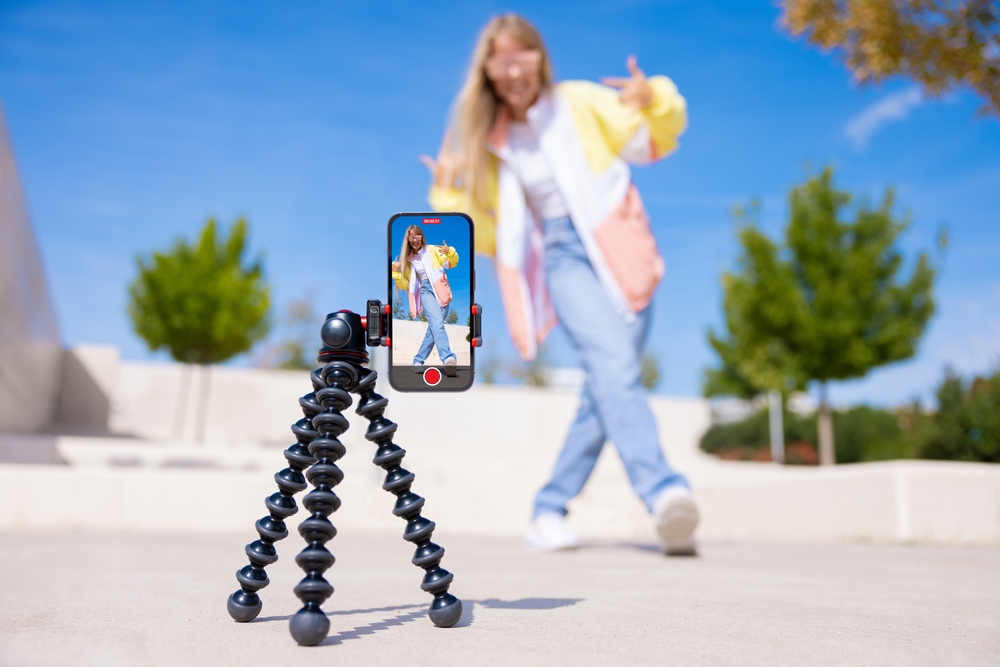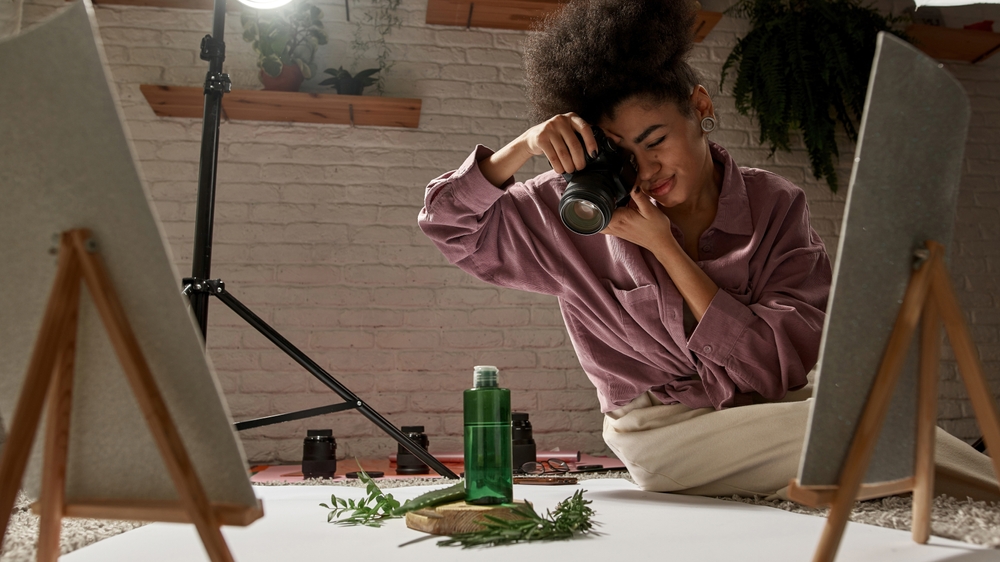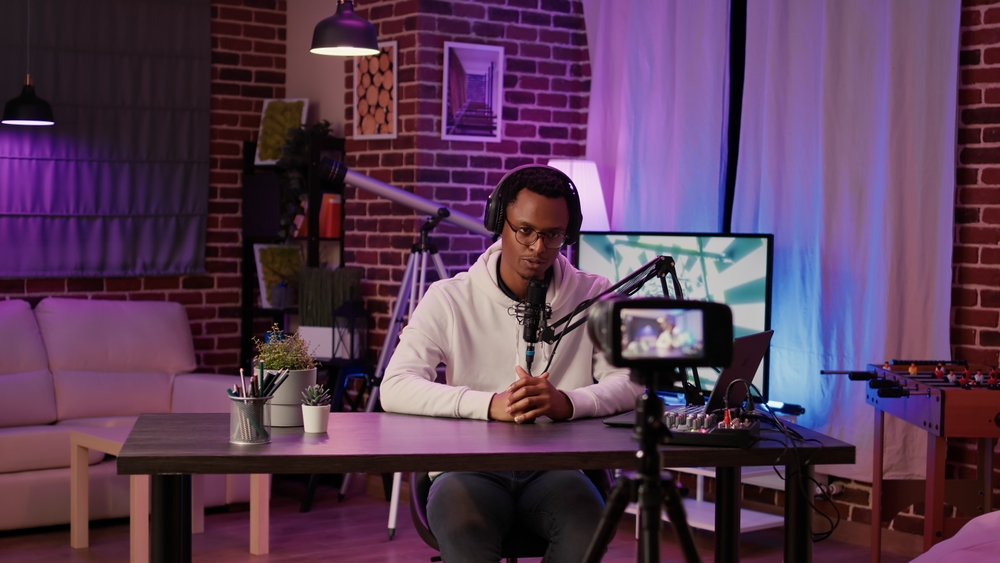On your travels around the internet, you may well have heard the phrase “digital creator” being used and wondered exactly what it means.
Like many phrases used in modern online vernacular, “digital creator” can have many different meanings, and depending on who’s using it, the definition might even include other professions as well.
On the surface of it, the phrase “digital creator” might seem like a fairly simple one, but it can actually encapsulate a range of different jobs and phenomena.
Let’s take a look at the definition of “digital creator”: what it means, who might be a prominent example of a digital creator, and whether you could become one yourself!
What exactly is a digital creator?
First and foremost, a digital creator is, simply put, someone who creates content online.
If you tweet regularly and there’s a creative slant to your tweets, for instance, then you’re a digital creator. The same goes for posting content on Instagram, Facebook, or any number of other social media platforms.
The Nashville Film Institute defines a digital creator as someone who posts their content to social media platforms rather than traditional media outlets.
You may, for instance, see a traditional content creator’s work appearing on either industry-focused outlets or in standard print media.
Given that digital creators primarily operate on interactive platforms, managing audience communication can quickly become a significant part of their day-to-day routine.
Digital creators often rely on digital tools to effectively manage their audience interactions, such as using an SMS customer service platform to quickly address follower questions or concerns. This helps them maintain direct, personalized communication with their audience without overwhelming their workflow.
A digital creator, by contrast, would only post their content to digital platforms, and usually only social media within that narrow range. You probably won’t see a digital content creator’s work cropping up on traditional outlets much.

Digital creators vs. influencers
A natural question that might follow such a definition would be what the difference is between digital creators and influencers. It’s a good question, and while it might seem simple at first, the differences are actually more complex than you might think.
In a nutshell, a digital creator is someone who places emphasis on the content they’re creating.
That content could be humorous, educational, informative, or just entertaining in some way, but the point is that the content is the focus of what a digital creator does.
By contrast, an influencer is focused mainly on selling products and promoting brands, as well as building up their own profile. It’s not about the content as much as it is about their own personality and unique niche.
So, for example, Khaby Lame would be an influencer, whereas YouTubers like Todd in the Shadows or Jenny Nicholson might be considered a digital creator.
The latter examples are concerned with creating high-quality content about specialist subjects, while the former primarily promotes brands and products (although Khaby Lame still creates content).
The reason that the distinction is more complex than you might think is that pretty much all influencers are digital content creators by definition.
They must create content in order to remain relevant and maintain their social media presence, which makes them digital creators, whether they want to be or not!
However, not all digital content creators have the profile (or the inclination) to partner up with brands and sell products, so not all digital creators are influencers. We hope this has cleared up any confusion you might have.

Can you become a digital creator?
The short answer to this question is an emphatic “yes”.
Pretty much anyone can become a digital creator. All you need is a good idea, the means by which to communicate that idea, and, ideally, a following so that people can see and consume your content.
As you can imagine, the following is the hardest element of that trifecta to achieve.
Building up a dedicated following is something that often takes even the best creators years, and it can be difficult. You need a healthy dose of luck, as well as dedication and hard work.
However, the good news is that if you have the inclination to create – which is often an urge in those who are truly creative – then you’re essentially already a digital creator!
Making content and uploading it online makes you a digital creator by definition, and if you keep doing what you’re doing, then with a little luck, you’ll start building a steady following as people realise that your content is high-quality.
What makes good digital content?
This is a question that many creators have tried and failed to answer.
The short answer to “what makes good digital content?” is that there is no hard and fast rule. Different audiences define high-quality digital content in different ways, and what works for one audience may not work for another.
As such, the most important thing to do if you’re looking to become a digital content creator is simply to define your audience. Know who’s part of your niche and what kind of content they want, and you’ll be able to create things that will make them happy.
Even still, there are a few hard and fast rules you can follow for good digital content. Here are some of those rules.
- Be original. Having a good, original idea in the world of digital content is incredibly important, and it will give you a ready-made niche, as it’s something people won’t have seen before.
- Don’t repeat yourself too much. While some content creators have made a name for themselves essentially making the same content over and over again, variety is the spice of life, and varying up your content will help tremendously with building a following.
- Make your content professional. If your content is sloppy, shoddily-made, or low-effort – whether it be based on text, video, images, or something else – then people will notice and switch off. Putting in the work really is the only way to ensure high-quality content.


